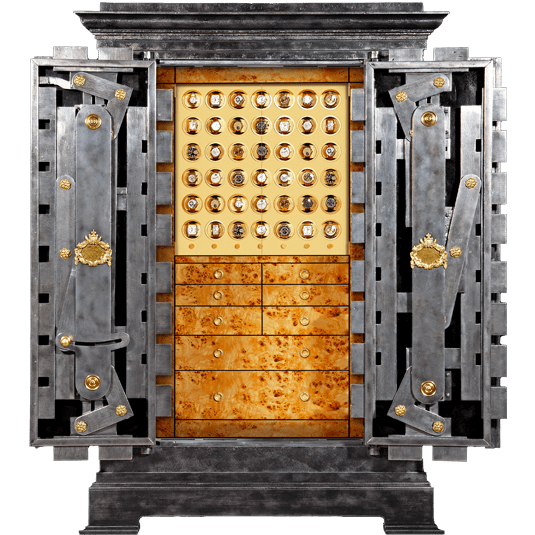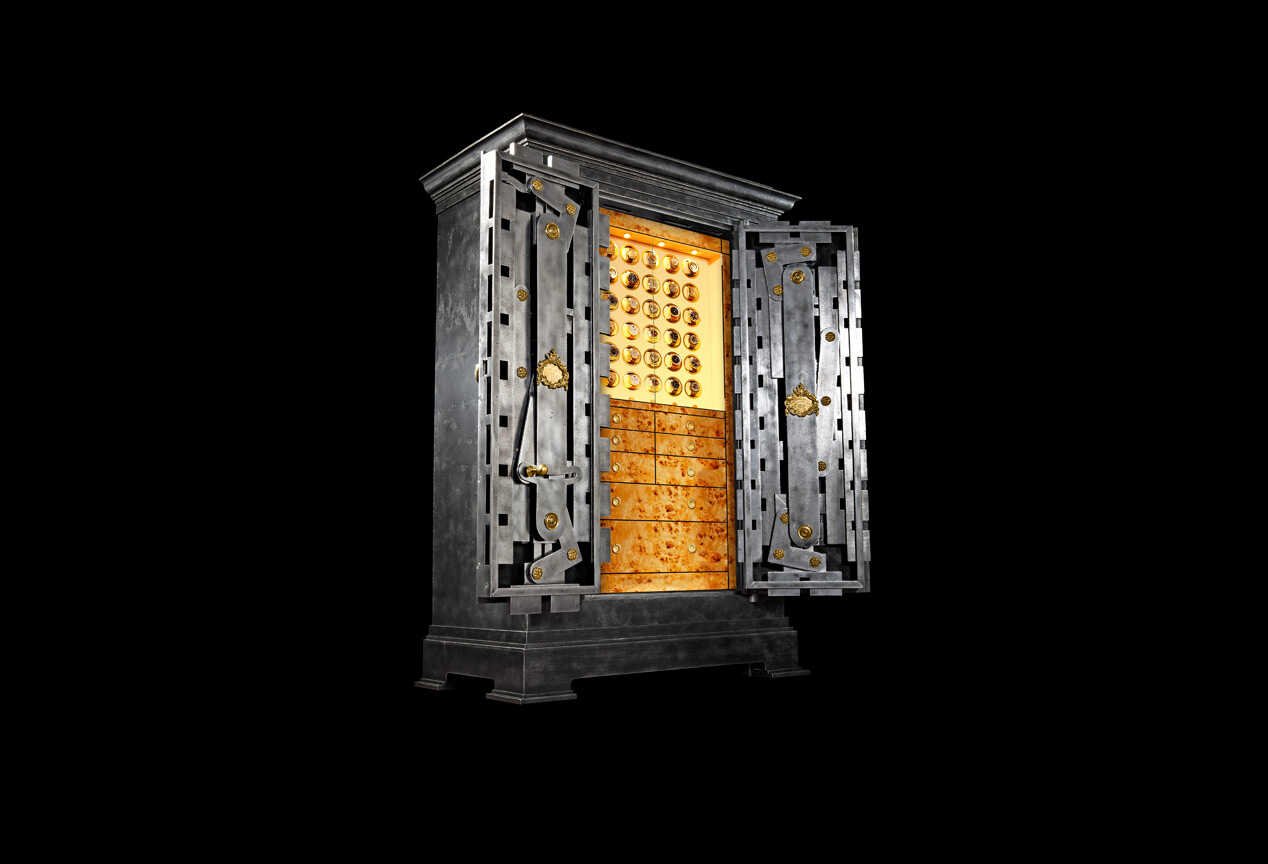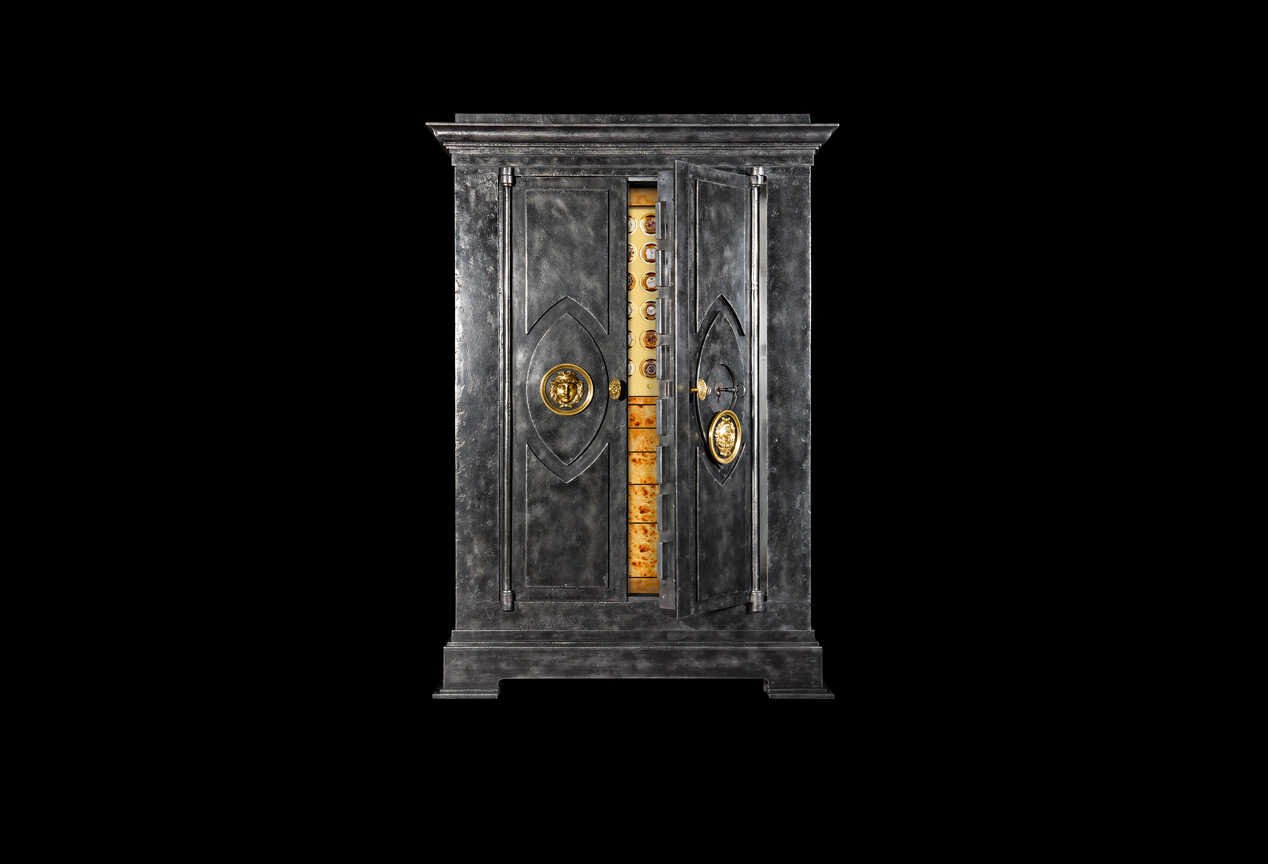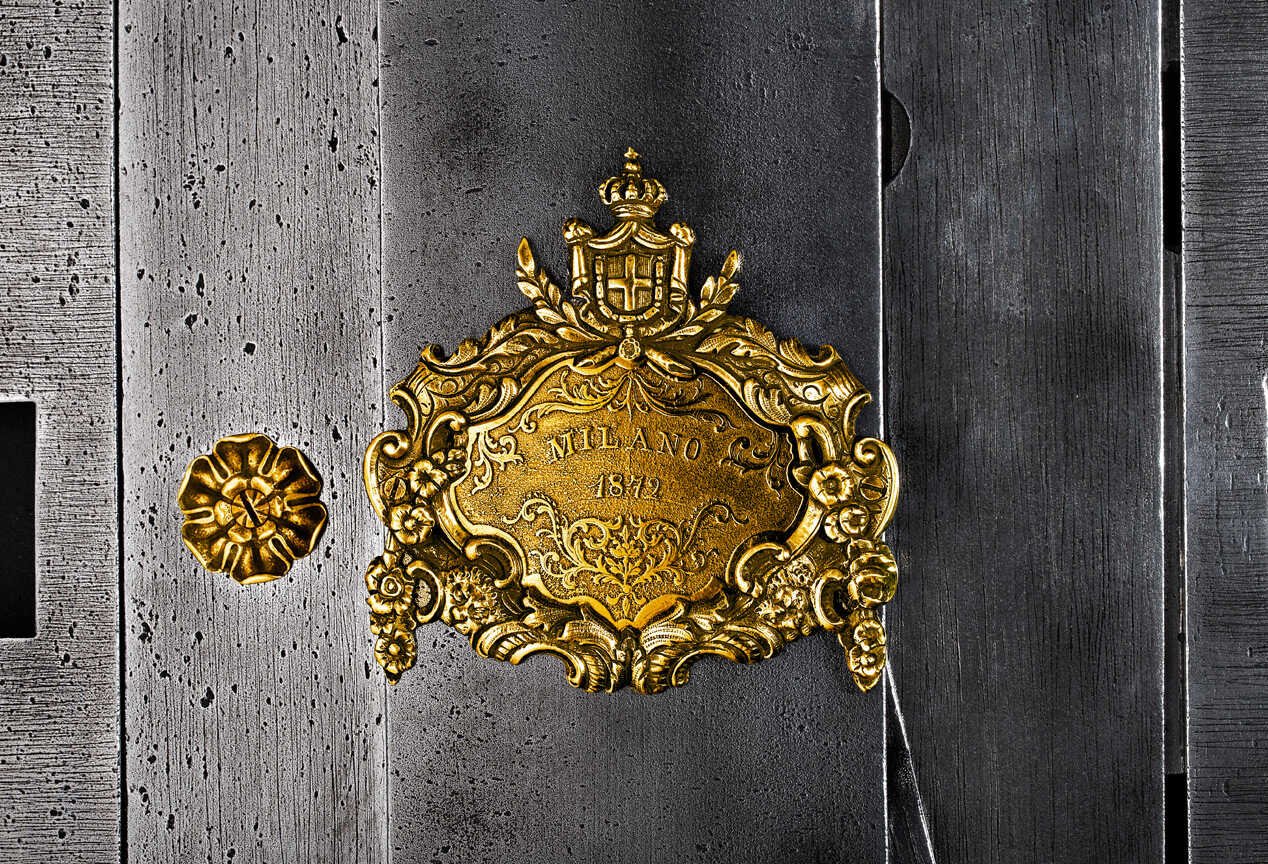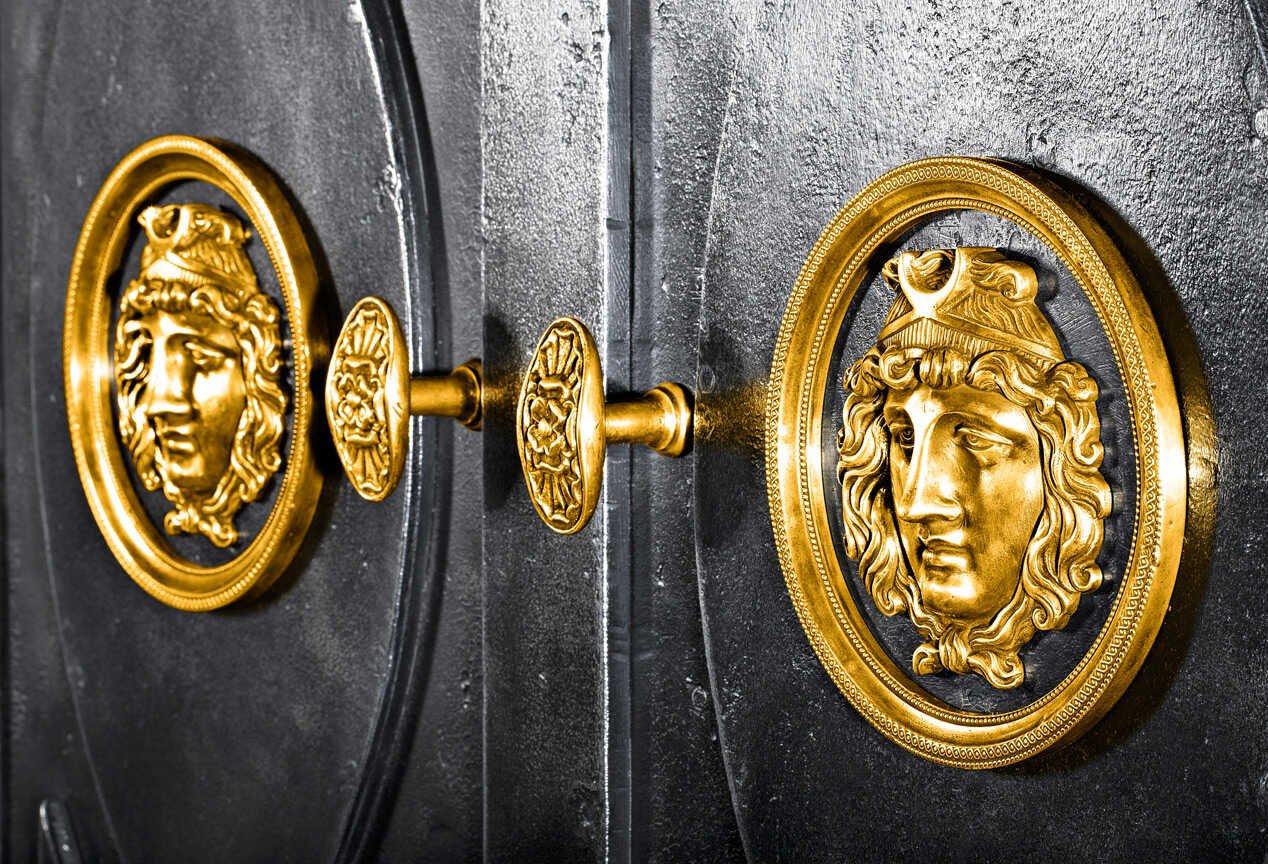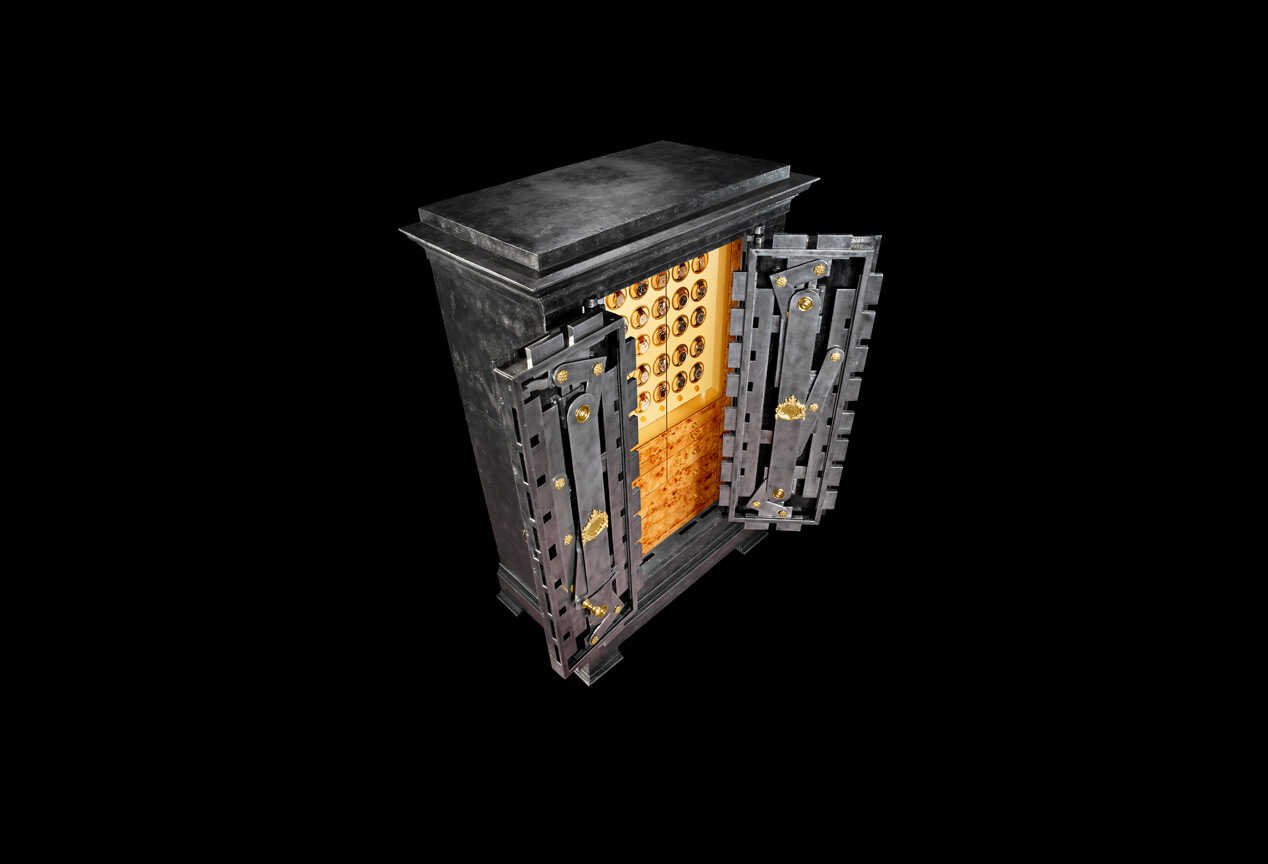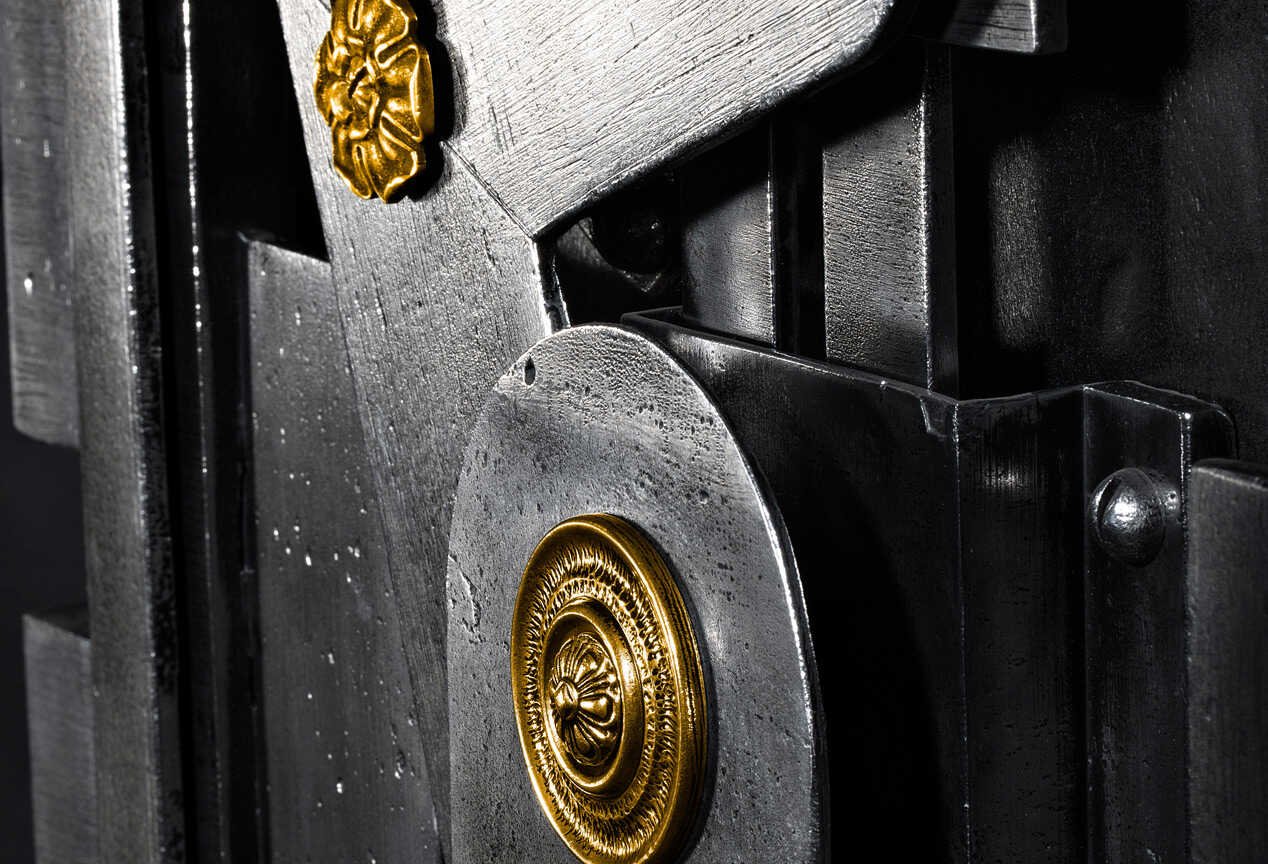According to the descendants of contemporary witnesses, the safe was exclusively used by the king to store love letters and memorabilia to his decades-long mistress and later second wife, Rosa Vercellana. In 1847, when she was just 14 years old, Rosa Vercellana stepped into the life of the then 24-year-old king, who was already married to Queen Adelaide of Austria. The extramarital relationship, which was quite savory due to Rosa’s young age and lowly origins (she was the daughter of a gamekeeper), went on for 22 years, during which Victor Emmanuel had eight children with the queen. It was only made legally official in 1869 with a church wedding. By this time, the king had already been excommunicated from the Catholic Church.
The relationship with Rosa Vercellana, commonly known as “La Bela Rosin,” lasted until the end of Victor Emmanuel’s life and resulted in two more children.
The fact that the Morosini brothers’ safe was forged for the amorous correspondence of the king with his long-time mistress and later wife is indicated by two wonderful details on the inner doors that were engraved as a secret code. Hidden under the royal crown and lettering, both inner door fittings are engraved with a rose, surrounded by a heart-shaped crest which opens upwards. “Rosa,” the first name of the king’s great love, means “rose” in Italian.
It can be assumed that the two Medusa-like medals on the outside of the safe depict the king’s mistress in her younger years. In any case, access to the interior of the safe is granted through one of the two. Only after activating a secret mechanism does one of the two medals move to the side, exposing the keyhole behind it.
How the safe found its way to Southern Germany, where Döttling scouts secured it in the aftermath of a house demolition, is unfortunately not known. What is certain is that after many months of detailed work, the Döttling manufactory has been able to restore it to the freshly radiant testimonial of a great royal love.
